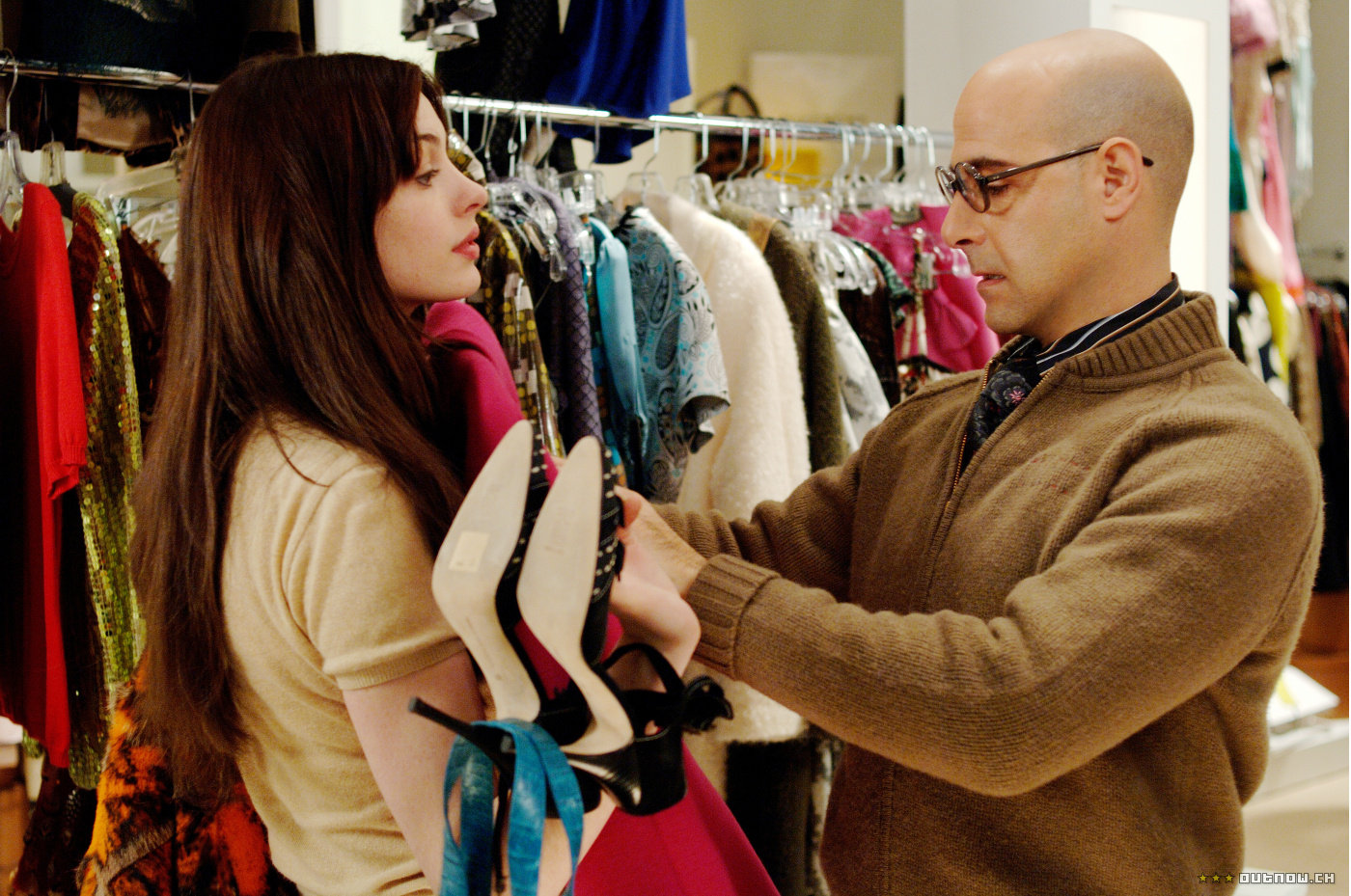In an incident could be straight from the movie Devil Wears Prada, a receptionist working with the local outsourced arm of a finance firm was asked to go back for not wearing heels as mandated in the office.

Nicola Thorp, a 27 year old employee from London was in for a rude shock, when she turned up on her first day at Portico, the local outsourced office of the accounting giant PwC, in flat shoes but was told to wear shoes with a “2in to 4in heel”. She claims she was laughed at when she complained that the demand was unreasonable and discriminatory. She was then sent home without pay when she refused to go out and come back after buying the shoes, but she ‘flatly’ refused.
Thorp told BBC Radio London: “I said, ‘If you can give me a reason as to why wearing flats would impair me to do my job today, then fair enough’, but they couldn’t. I was expected to do a nine-hour shift on my feet escorting clients to meeting rooms. I said I just won’t be able to do that in heels.”
Meanwhile a spokesperson from the company in questions told BBC “In line with industry standard practice, we have personal appearance guidelines across many of our corporate locations. These policies ensure staff are dressed consistently and include recommendations for appropriate style of footwear for the role.”
Thorp posted about the issue on her Facebook and many women brought out similar issues from their workplace. She has since launched a petition calling for the law to be changed so companies can no longer force women to wear high heels to work. It has so far received more than 60,000 signatures.
Companies, especially belonging to the finance domain have conventionally held strict dress code rules, and employees are expected to turn up in formals at most of them. However, companies across the world, including in India, are increasingly adopting a casual clothes culture where comfort is given precedence over convention. However, this incident goes to prove that corporate dressing still is as relevant in some sectors as ever before.
